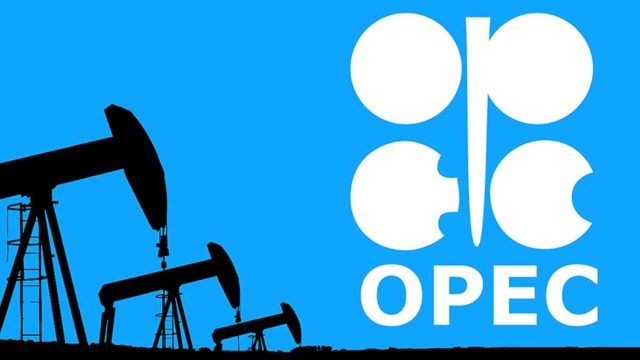OPEC+ could agree to a larger oil output increase for August than the 411,000 barrels per day (bpd) hikes approved for May, June, and July, according to three sources familiar with the group’s internal discussions.
Eight key members—Saudi Arabia, Russia, the UAE, Kuwait, Oman, Iraq, Kazakhstan, and Algeria—are scheduled to convene online on Saturday to finalize their production policy for the coming month.
Earlier this year, OPEC+—which comprises the Organization of the Petroleum Exporting Countries and its allies led by Russia—began unwinding a collective output cut of 2.2 million bpd that was implemented in a bid to stabilize prices amid global supply pressures.
The decision to increase output by 411,000 bpd per month from May to July marked a significant shift in strategy. Despite concerns that additional barrels would weigh on oil prices, the group accelerated the pace of increases, citing the need to defend market share amid growing production from the United States and other non-OPEC producers.
Sources say the 411,000 bpd figure remains a possible outcome for August, though a larger hike is actively under consideration. All sources requested anonymity due to the sensitivity of the negotiations.
Tensions have grown within the group as some countries, such as Kazakhstan, exceeded their quotas significantly. That overproduction frustrated members who remained closer to their targets.
Kazakh oil production hit a record high last month, largely due to increased output from the Chevron-led Tengiz field, according to a source familiar with the data.
Since April, the eight OPEC+ members have restored or announced 1.37 million bpd of output—roughly 62% of the 2.2 million bpd that had been curtailed under the prior agreement.
The group collectively produces about half of the world’s oil and is keen to assert its influence as global demand patterns shift and U.S. shale and other producers ramp up output.
OPEC+’s policy decision on Saturday will be closely watched by energy markets, especially amid ongoing concerns about oversupply, price volatility, and geopolitical uncertainty affecting global oil flows.




